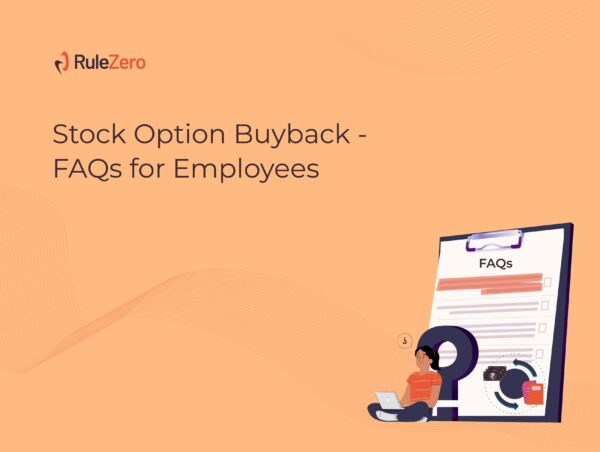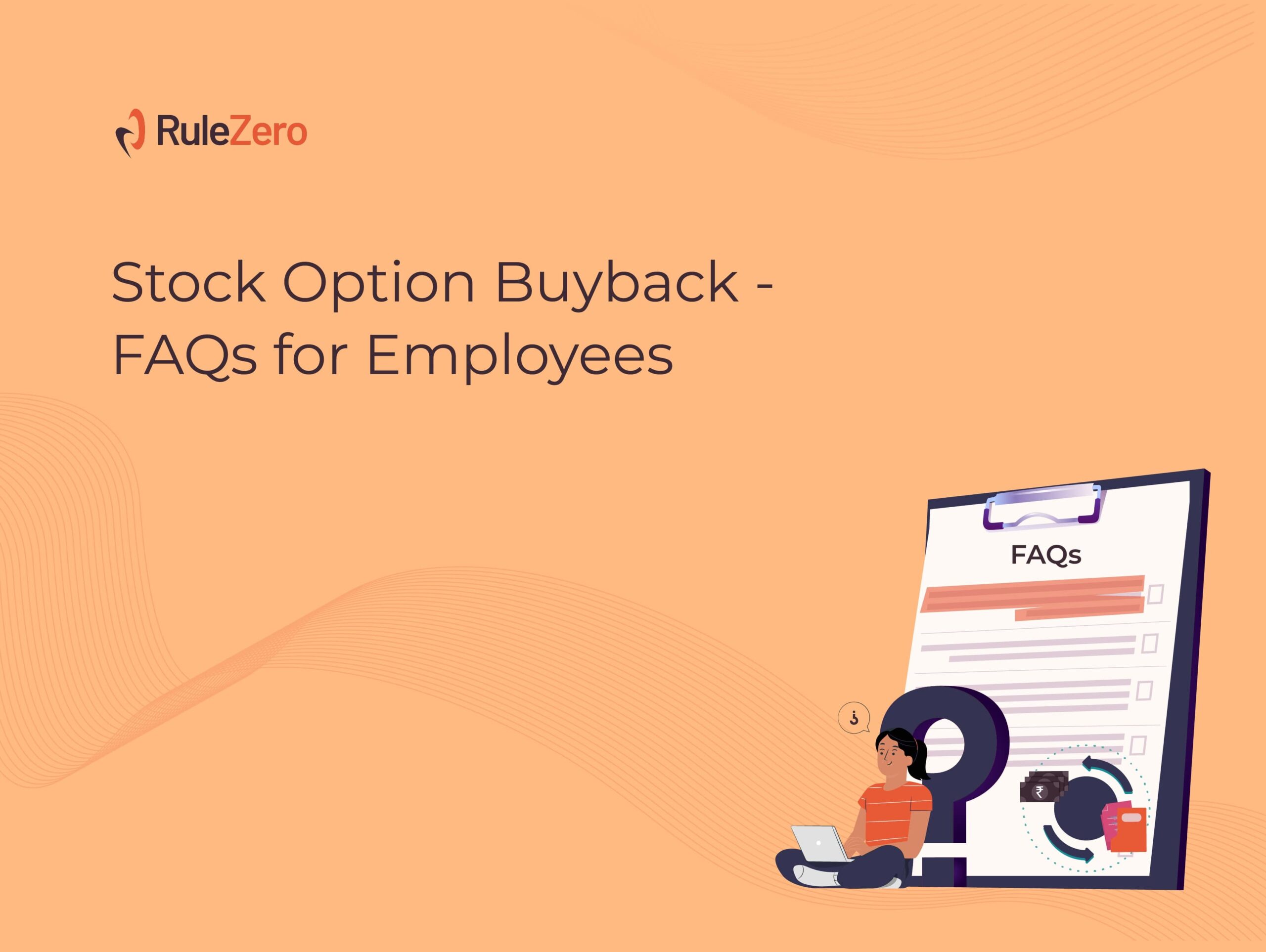The first time entrepreneur’s guide in choosing the right entity type for their business.
While designing a building, one needs to get the foundation and pillar structure right. The foundation and pillar structure have significant influences on various aspects of the building. Similarly, there are several elements that one needs to get right when starting a business. These include the business idea, the founders’, entity type, market etc. In this writing, we are looking at the type of entity to use.
There are multiple forms of entities that one may consider: Sole Proprietorships, unincorporated Partnership, Limited Liability Partnership, One Person Company and Private/Public Companies. Many important components play a role in deciding the type of entity that best suits the nature of your business. These include:
- Personal liability;
- Tax implications;
- Cost of formation and maintenance;
- Flexibility;
- Complexity of compliance;
- Financing for the business;
Analyze these components carefully. You do not want to get off on the wrong foot.
What are the common types of entities found in India?
1. Unincorporated entities:
The types of entities are sole proprietorships and unincorporated partnerships. These entities do not have a separate legal existence (status). The business is owned by the proprietors / partners. The liability of the owner / proprietor is unlimited. The owners / partners cannot distance themselves from the business.
Suitable for: Small businesses, family concerns.
Not suitable in any of the following situations: Operations at scale, external financing required, external investors required.
Operations must be simple, with limited chance of third party liabilities of any kind. Cost of setting up and maintaining an entity is more important than capital requirements and potential liability risks for owners.
Examples: Trading concerns, Asset ownership.
2. Incorporated entities:
Limited Liability Partnership firm, One-Person Company, and Private/Public Limited Companies fall under this category. These entities have separate legal existence (status). The liability of the persons setting up or owning the business is limited, meaning that the liabilities are met from the resources of the business with no legal charge on the personal assets of the promoters or shareholders. A single person company has the advantage of limited liability for the owner in the same manner as any other company but cannot attract investors. Set out below are the features, advantages and disadvantages of limited liability partnerships and companies.
| Particulars | Limited Liability Partnership | Private Limited Company | Public Limited Company |
| Limited liability (subject to exceptions such as fraud) | Yes | Yes | Yes |
| Tax Rates | Higher than companies | Lower than LLP and same as public company. | Lower than LLP and same as private company. |
| Distribution of profits | Simple | Subject to rules relating to dividend distribution. | Subject to rules relating to dividend distribution. |
| Dividend related taxes | Not applicable | Applicable | Applicable |
| Capitalisation and Fund raising | Possible but for simple structures. | Complex structures possible. | Complex structures possible. |
| Listing of equity interests | Not possible | Not possible | Possible |
| Total number of owners | Minimum 2 Maximum 200 | Minimum 2 Maximum 200 | Minimum 7 Maximum – Unlimited |
| Corporate Compliance | Simplest | Moderate | Unless listed, marginally more complex than private companies. |
| Conversion to other structures | Possible | Possible | Possible |
| Other Issues | Disputes amongst partners can affect any change in structure significantly. All partners need to sign off on a variety of items. | Board and shareholder majorities can take many decisions. | Board and shareholder majorities can take many decisions. |
| Examples (suitable for) | Asset ownership businesses. Businesses (small and large) where external equity financing is not required. For instance, entities wholly owned by corporate entities including owned by overseas enterprises. Lifestyle businesses where profits are generated and expected to be distributed to owners. | Startups that seek to scale. Large number of investors expected. Dividends are not a significant aspect value creation for owners. | Business where equity interests are proposed to be listed. |
Please note that, there are exceptions to these principles that are not discussed in this writing. Further, tax Rules are to be ascertained. Conversion from public to private and private to public is not subject to any taxation on account of the conversion
In recent years, the Government of India has introduced multiple schemes to create a coherent environment for startups to grow. These schemes allow startups to enjoy tax benefits, create networks, register themselves under the patent/trademark/environmental and labour laws. However, these perks are available only for entities registered as private limited companies.
Make sure that you carefully analyze the pros and cons that each entity type carries with it as it plays a role in customer engagement and also adds to the success of your startup.
With the above information, we hope you start your business in the right cast.










